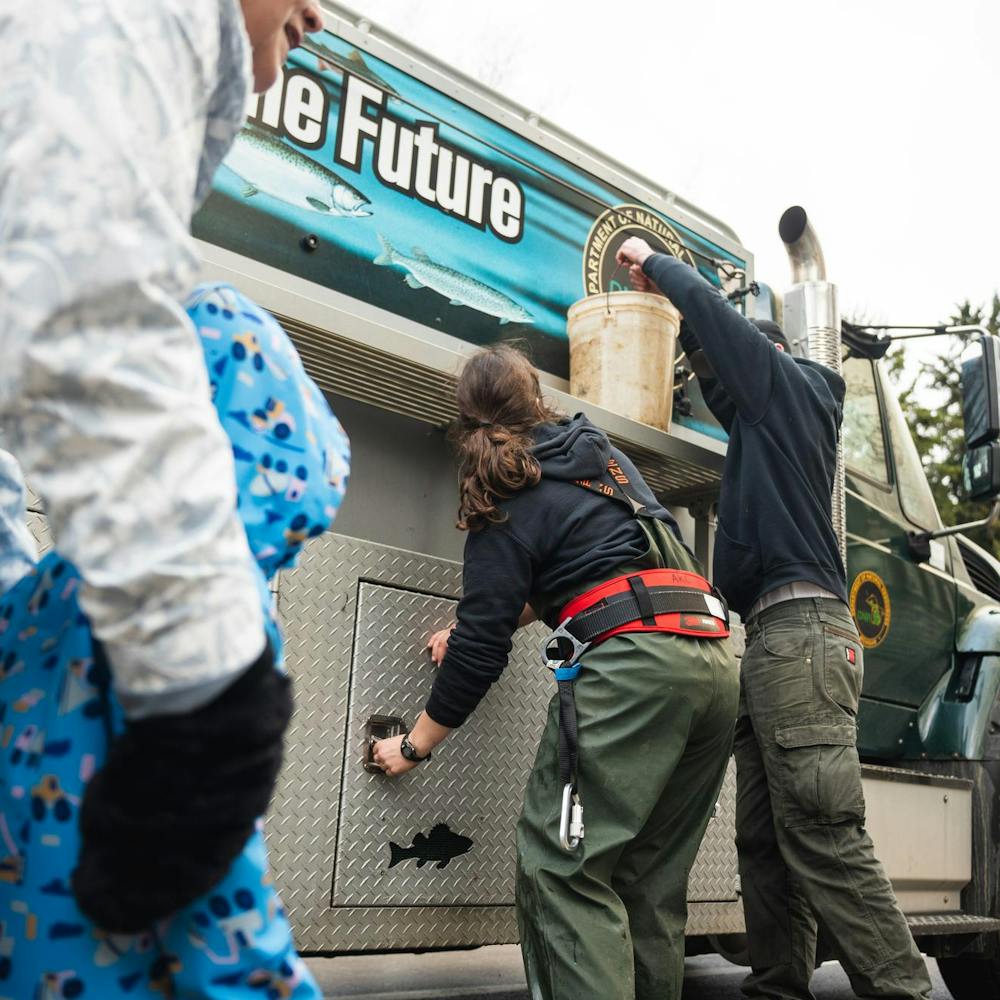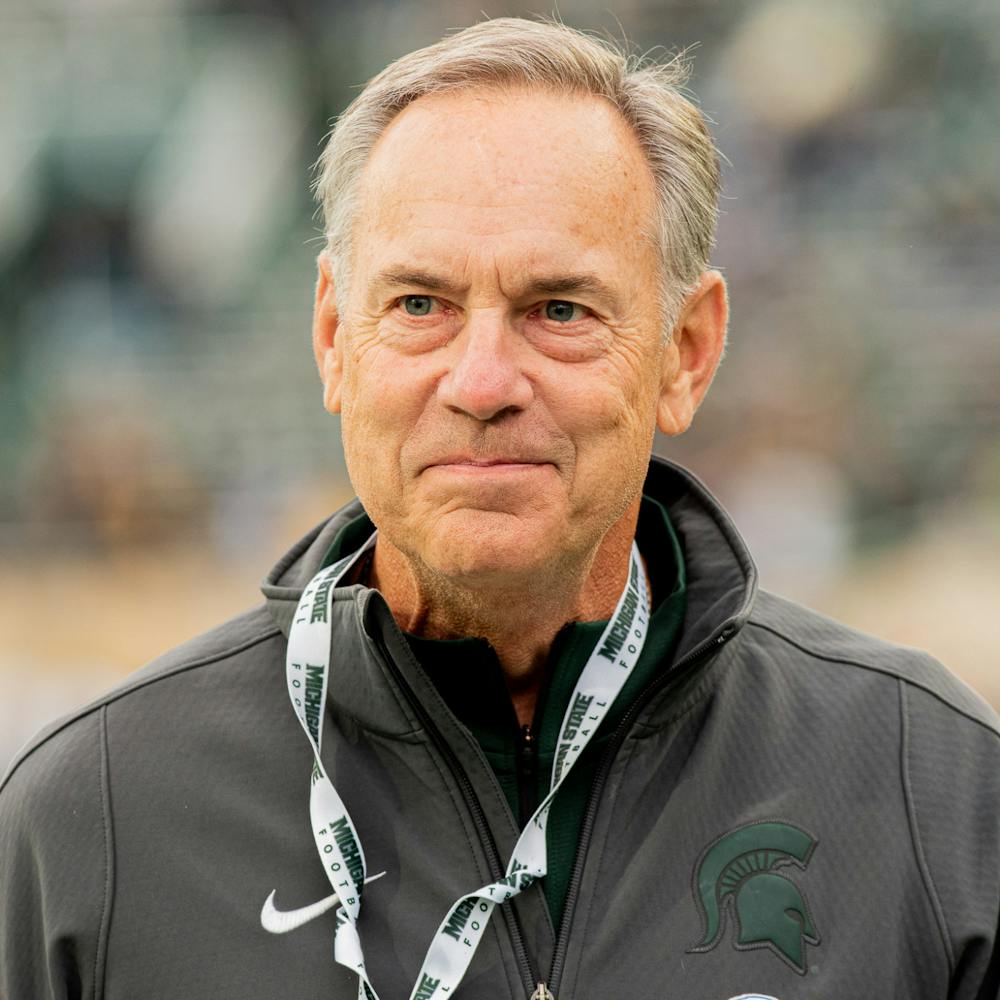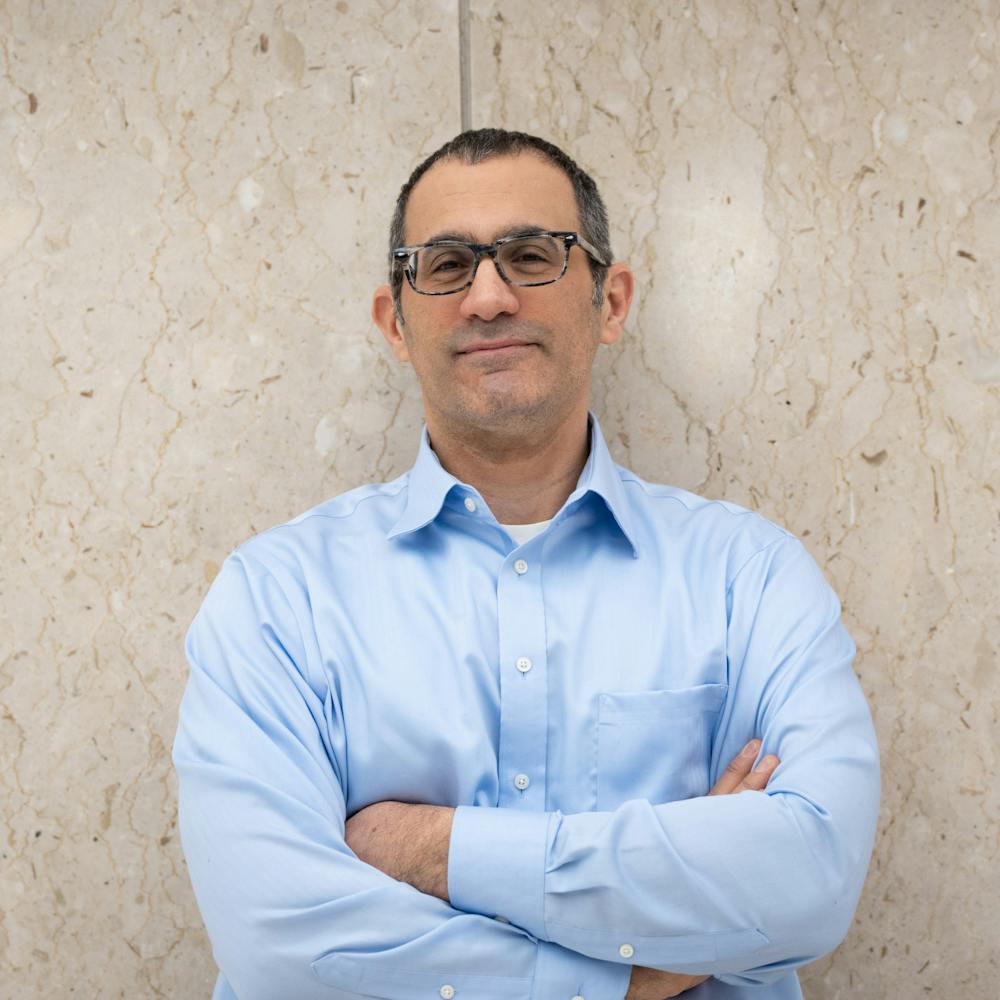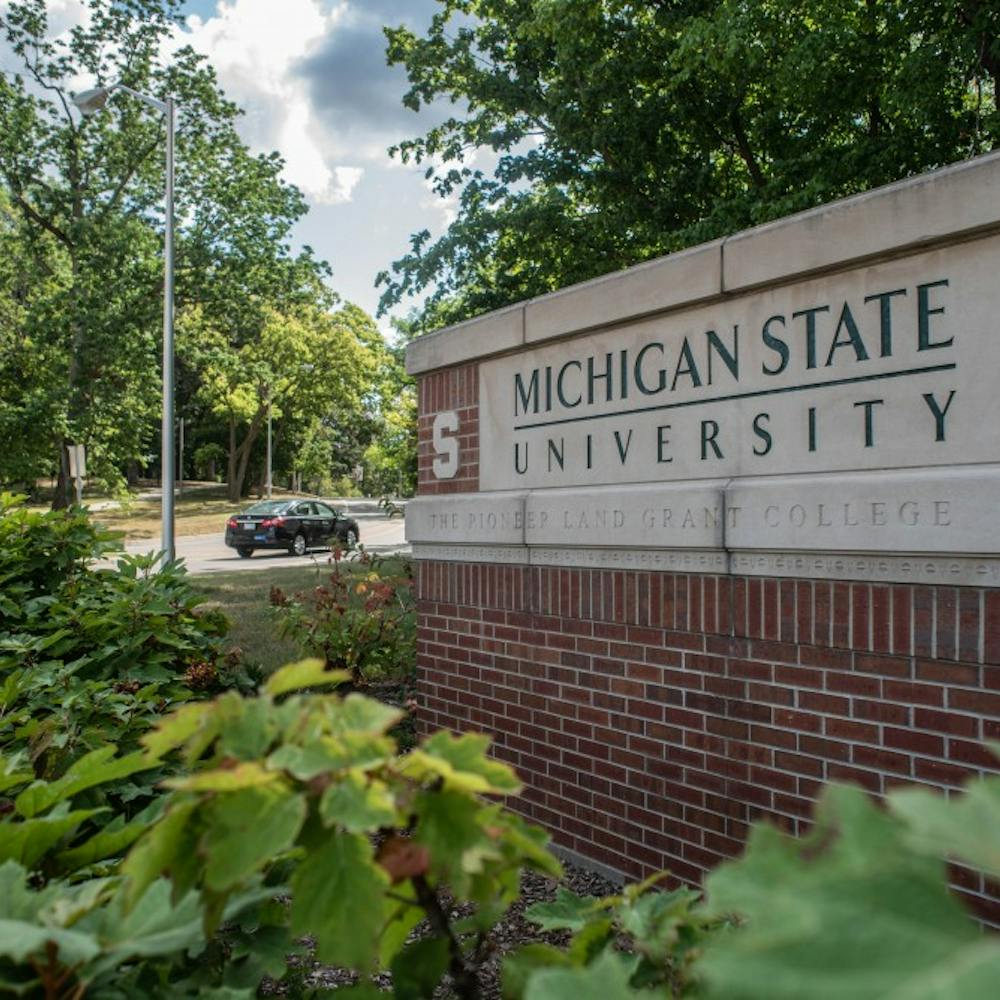MSU takes in about 120 cadaver donations on average each year, but that number could change depending on a bill working its way through Michigan’s House of Representatives.
People who wish to donate their bodies to science after they die can do so at the University of Michigan, Wayne State University and MSU. Under current law, these universities can opt to allocate some of the donations they receive to other schools and hospitals, but no other institutions can accept the cadavers independently.
The proposed bill , sponsored by Matt Lori, R-Constantine, would allow newer medical schools in the state such as Oakland University, Central Michigan University and Western Michigan University to independently receive donations and promote their own donation programs.
The growing number of medical schools in Michigan spurred the idea of having newer schools independently receive and promote donations, streamlining the process.
Susan Martin, Lori’s legislative research aide, said the initial idea was proposed by Western Michigan University and backed by other universities with newly-accredited medical programs.
At MSU, medical students begin anatomy courses that use cadavers in their first year. The MSU Willed Body Program oversees anatomical donations and serves both the College of Human Medicine and the College of Osteopathic Medicine.
College of Human Medicine dean Marsha Rappley said MSU’s two medical schools combined make up the largest group of medical students in the state who use cadavers in their teaching methods.
“Accepting the donations and treating them with the utmost respect that they deserve is enormously important to all of our faculty and staff of anatomy,” Rappley said. “Each and every donation is an amazing gift.”
MSU officials are not yet sure how the new bill could affect the school’s current number of cadaver donations, which could potentially be spread out among the new medical schools.
“There are too many unknown factors to determine whether the proposed bill will affect body donations to MSU,” said Jacque Liles, MSU director of anatomical resources. “There is a continuous need for such donations for the study of human anatomy, and it is difficult to predict if there will be enough to accommodate future needs.”
Martin said when considering the bill, it was mentioned that the three universities already accepting body donations had enough to go around.
“None of those who gave testimony indicated that they were facing a shortage of donors,” Martin said. “By contrast, it was mentioned that if the big three universities are at capacity, there is a need to share cadavers with other users, rather than not meet the deceased’s expressed wishes.”
William Strampel, the dean of the MSU College of Osteopathic Medicine , also said he was not yet sure how the bill could impact the availability of cadavers for student learning and research.






